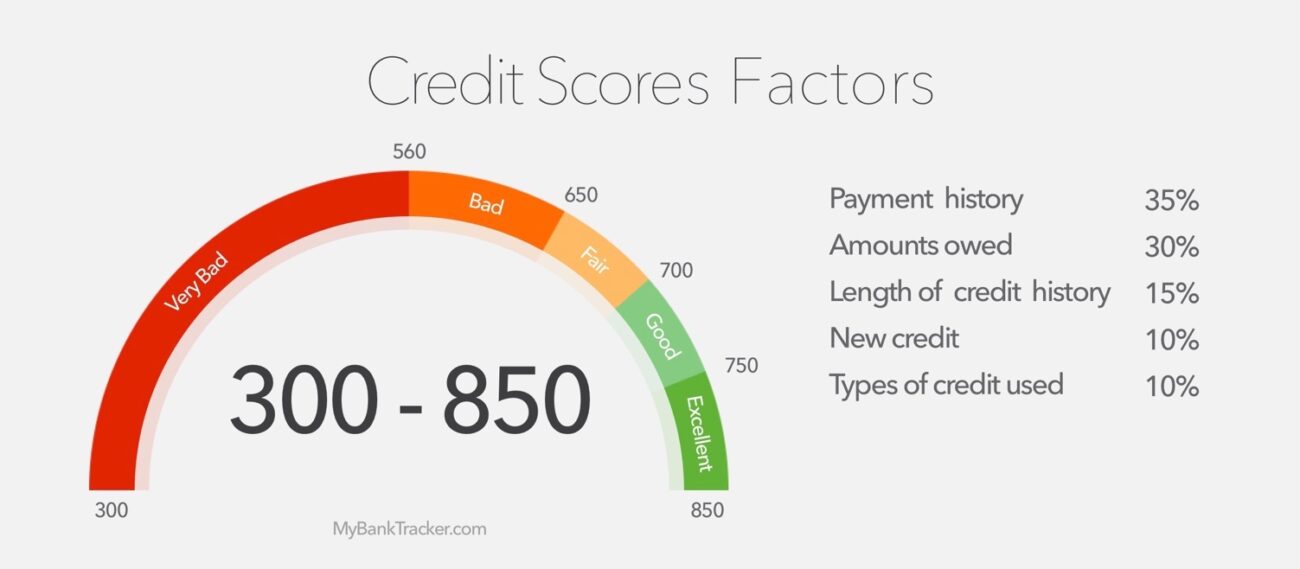
In this article, we delve into the essentials for securing a mortgage loan in Nigeria, highlighting the complexity due to the real estate market’s technicalities. We explain that mortgage loans, used for purchasing or improving properties, are secured against the financed property.
Key criteria for eligibility include being aged between 21 and 60, having a stable income, a credit score of at least 650, and the capacity for a down payment, usually 20%. We emphasize the necessity of insuring the property and providing its full valuation. The documentation process involves personal ID, income proof, employment verification, credit reports, and property-related documents. We also note that these requirements can vary with the lender and the borrower’s financial circumstances.
Mortgage loan requirements are often confusing for consumers in Nigeria due to the technical nature of the real estate market.
This article breaks down the requirements, documents, and everything else a consumer might need to easily make a successful mortgage loan application.
You will find:
A mortgage loan is a kind of long-term loan that is taken to buy or improve any form of real estate. This includes a house, land, estate, office buildings, shopping malls, hotels, etc.
Mortgage loans are usually secured with the property of the real estate that is being financed. This means that if a borrower fails to repay the loan, the property that is being financed by the lender will be seized by the lender.
Different lenders in Nigeria may have different eligibility criteria for mortgage loans in Nigeria for different kinds of borrowers since the range of things that can be financed in real estate widely varies. For instance, the eligibility criteria for a single-home mortgage loan are different from the criteria for a huge shopping mall mortgage loan.
Housing initiatives like the National Housing Fund (NHF), and the Federal Mortgage Bank of Nigeria (FMBN) can also make the eligibility criteria for mortgage loans different for Nigerians.
There are, however, general requirements that must be met no matter the scale of the loan. These include:
To be eligible for loans in Nigeria, borrowers must be above the minimum age of 18 years. Mortgage loan lenders, however, often increase this minimum age to 21.
This is because mortgage loans often involve huge amounts of money, and lenders in Nigeria always prefer borrowers above the minimum age as it indicates financial experience.
To this end, to be eligible for a mortgage loan in Nigeria, borrowers must be between the age of 21 and 60. Age requirements can be flexible depending on the financial portfolio of the borrower.
The income requirement is one of the most vital and least flexible eligibility requirements for mortgage loans.
Without a steady source of income, no lender will offer a borrower a mortgage loan. This is because mortgage loans often require huge amounts, and a steady source of income is a strong indicator that a borrower will be able to repay the loan therefore indicating eligibility.
A borrower’s income must be able to comfortably handle the monthly repayments of the required mortgage loan or else they will not be eligible for the mortgage loan. To this end, they must be able to show sufficient evidence including but not limited to bank account statements or pay slips.
It might be important to note that mortgage loan lenders in Nigeria might require borrowers to have a steady income for at least two years before they can be eligible to take a mortgage loan.
A borrower must have a credit history that clearly shows that they will be able to repay the mortgage loan that they require from the lender or else they will not be eligible for the loan.
Lenders use credit histories, and most particularly credit scores to determine if the potential borrower is creditworthy enough to receive a mortgage loan. You must have at least a credit score of 650 (out of a possible 850) to qualify for a mortgage loan in Nigeria.
Some lenders might be willing to work with borrowers who have lower credit scores but at the cost of higher interest rates and larger down payments.
Real estate development requires a lot of financial commitment. Lenders require borrowers to show that they are up to this financial commitment and the only obstacle is the time it would take to accumulate the needed finances.
This is why lenders in Nigeria as for a down payment towards the purchase or improvement of the property. This payment is usually anywhere between 10% and 30% of the total money required, with most lenders in Nigeria demanding at least 20%.
Borrowers who cannot make this down payment are deemed ineligible while borrowers who can make higher downpayments can get access to higher amounts of mortgage loans and lower monthly payments.
Borrowers might be able to negotiate for a lower percentage for down payments with some lenders. These lenders will require the borrowers to pay private mortgage insurance, however.
Lenders require that the real estate intended to be financed is insured by the borrower. This insurance protects the property, the borrower, and the lender from losses due to damage, theft, natural disasters, and other unforeseen circumstances allowed by the insurance company.
Without this insurance, a borrower might not be eligible to receive a mortgage loan from most lenders.
Lenders need to have the full property valuation of the real estate that needs to be financed with a mortgage loan. A borrower that cannot provide this is not eligible for a mortgage loan.
This valuation, usually conducted by a professional appraiser, will be used to determine the loan amount that the lender is willing to offer.
To be eligible for a mortgage loan in Nigeria, a borrower must provide legal documents for the property of the real estate to be financed to prove ownership. These documents include the survey plan, title deed or certificate of occupancy or deed of assignment, building plan, etc.
The legal documents ensure that there are no legal disputes on the property and that the lenders are providing funds to the rightful owner of the estate.
Apart from meeting the eligibility criteria for mortgage loans, borrowers also have to gather important documents to boost their chances of approval.
These documents will be used by lenders to verify that the borrowers meet the eligibility requirements. They include:
This includes:
These include:
This includes:
Lenders will contact your employer to verify this information so it is always best to be as honest as possible.
This document shows a borrower’s credit history, alongside payment history, outstanding debts, and credit utilization.
Lenders can check to obtain a borrower’s credit report from a credit bureau in Nigeria directly but in some cases might require borrowers to generate it themselves.
Borrowers can get their credit reports from one of the credit bureaus operating in Nigeria.

These include:
These include:
It is very important to understand that some lenders may request additional documentation which may have not been listed above depending on the specific need of the lender and the financial situation of the borrower.
Some of these requirements may include:
₦10,000 Loan ● ₦20,000 Loan ● ₦30,000 Loan ● ₦40,000 Loan ● ₦50,000 Loan ● ₦100,000 Loan ● ₦200,000 Loan ● ₦300,000 Loan ● ₦500,000 Loan ● ₦1 Million Loan ● ₦3 Million Loan ● ₦5 Million Loan ● ₦6 Million Loan
● Online Loan ● Emergency Loan ● Payday Loan ● Debt Consolidation ● ● Rent Loan ● Travel Loan